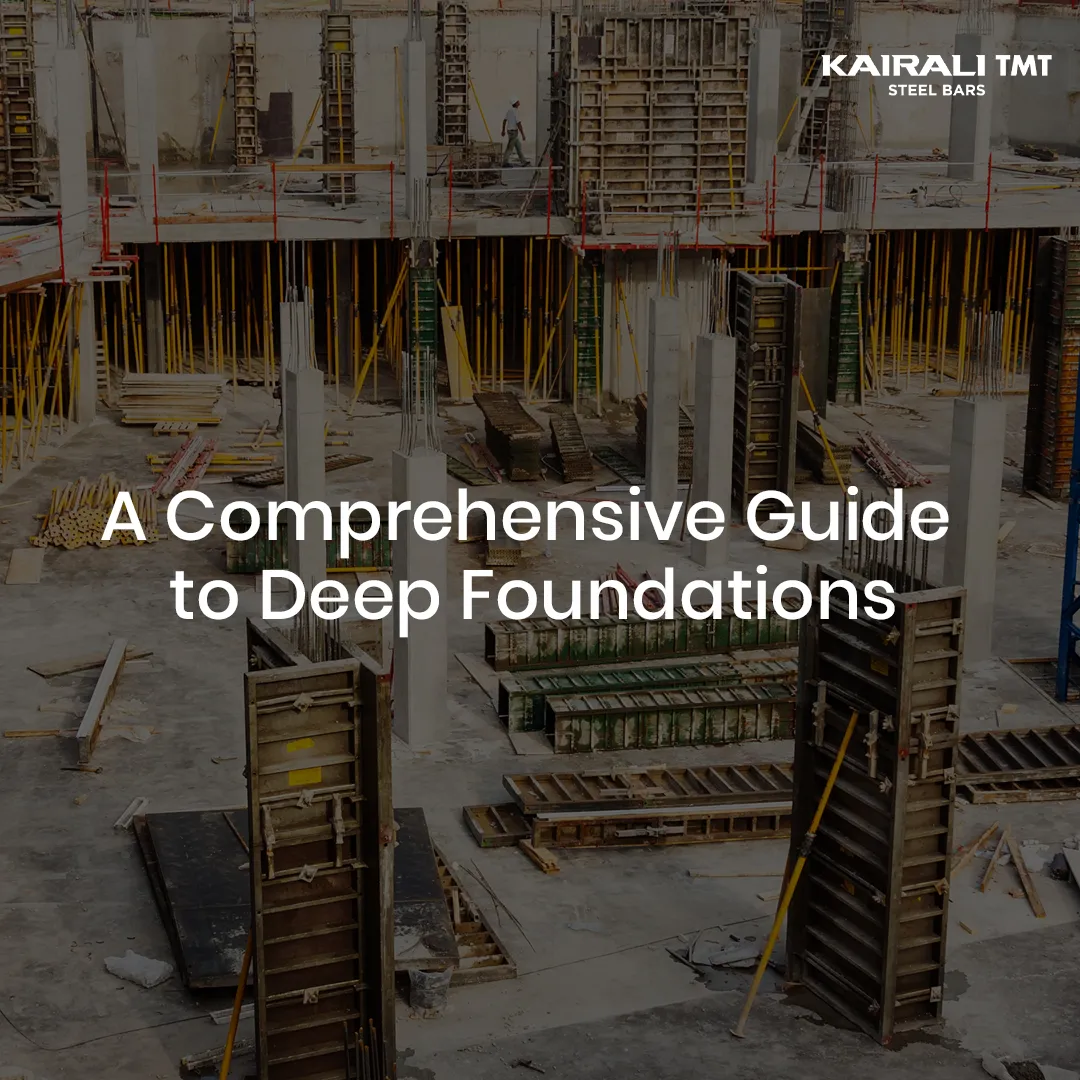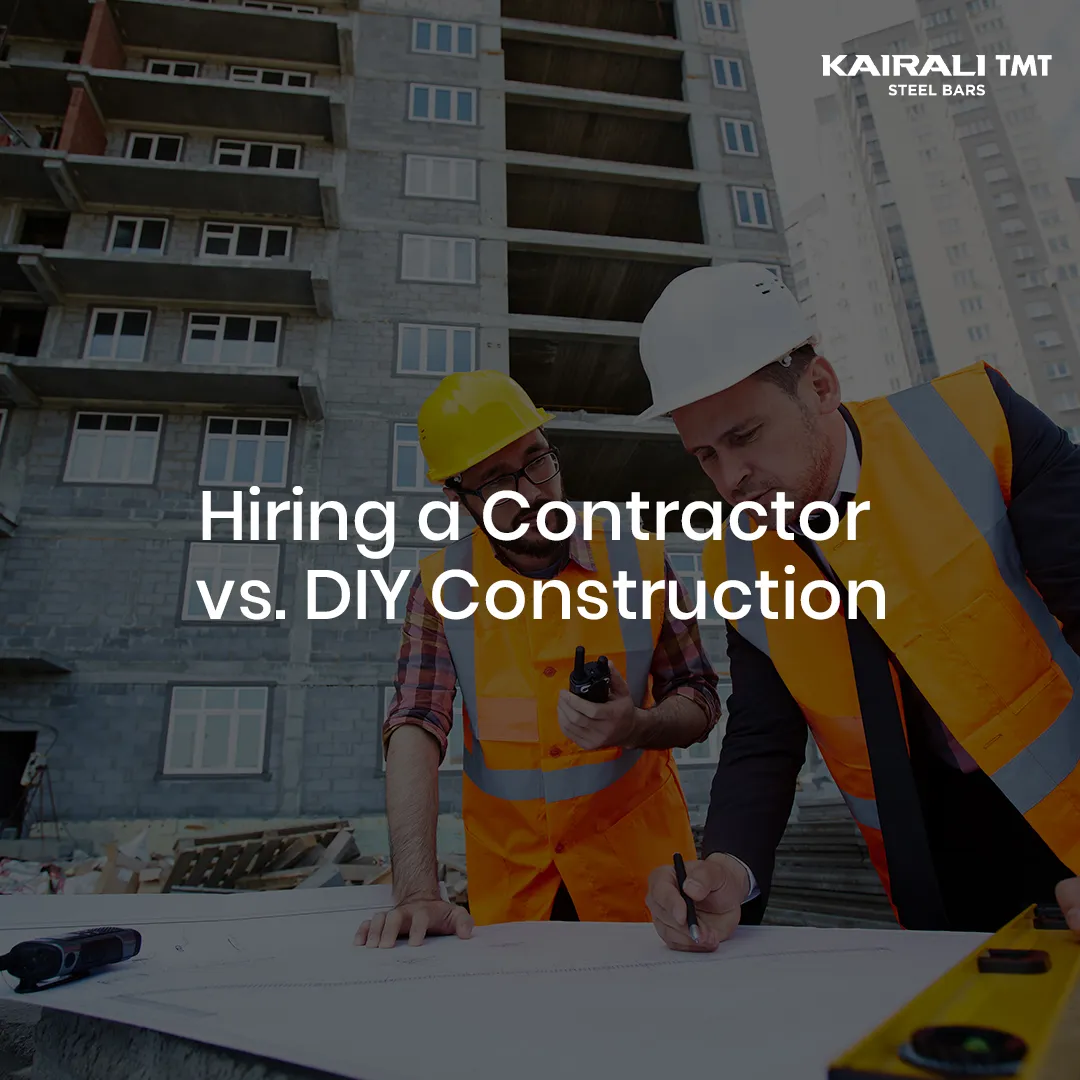The construction industry is constantly evolving, driven by new construction trends, technological advancements, sustainability concerns, and changing customer preference.
As we approach 2023, you can expect several trends that will transform the way buildings are designed, constructed and maintained.
In this blog, we will explore those trends to look out for in 2023.
Buckle up and dive in!
1. Green and Sustainable Construction
Environmental sustainability has become a grave concern owing to climate change and natural disasters.
Hence, people have started prioritizing environmental sustainability.
As a result, you will see more green buildings that leverage energy-efficient designs, eco-friendly materials and sustainable construction methods.
This will include:
- Use of solar panels and green roofs
- Designs that focus on natural heating and cooling
- Recycling and upcycling of construction waste
- Utilization of locally sourced materials
- More usage of bar bending schedule to reduce steel wastage
2. Modular and Prefabricated Construction
Prefabricated construction refers to a technique where the components of a building are produced in a factory and then assembled to form the building.
This is one of the top low cost house construction techniques people opt to control cost. And, that’s one of the reasons it’s gaining popularity.
Other reasons include waste reduction and shorter construction timelines.
In 2023, we could see more construction leveraging this technique
Benefits of Prefabricated Construction
- Off-site manufacturing of building components
- Faster assembly and installation on-site
- Improved quality control and precision
- Enhanced safety and reduced disruption to surrounding area
3. Digitalization and Construction Technology
The rise of technology is revolutionizing every sector and the construction industry is no different.
In 2023, you can expect to see more widespread use of construction management software, Building Information Modeling (BIM), and other digital solutions to improve efficiency, collaboration, and overall project success.
Here is what you can witness
– Implementation of BIM for better project visualization and coordination
– Use of drones for site surveys and inspections
– Integration of IoT devices for real-time monitoring and data collection
– Adoption of virtual and augmented reality for training and design review
4. Robotics and Automation
Robotics, Automation and AI are dominating in today’s world. And they’re lending a hand to the construction industry as well.
The construction industry is gradually embracing robotics and automation to address labour shortages and improve productivity.
2023 will be a year that witnesses builders and contractors deploying robotic equipment and automated systems to simplify various tasks.
Here is what you can expect:
– Use of robotic arms for bricklaying and concrete pouring
– Deployment of autonomous vehicles for material transportation
– Integration of AI-powered systems for project management and scheduling
– Utilization of 3D printing technology for rapid prototyping and component manufacturing
5. Resilient and Adaptive Design
A few years back, the southern part of Kerala was hit by a flood, damaging numerous buildings. And, you might be aware of the earthquake that shook southeastern Turkey recently.
Climate change and extreme weather events like these have highlighted the need for resilient and adaptive building designs.
Therefore, in 2023, architects and engineers will be emphasizing creating a structure that can resist natural disasters, reduce damage, and ensure occupant safety.
Here is what you can expect:
– Incorporation of flood-resistant materials and design features
– Implementation of seismic-resistant structural systems. This includes using materials like TMT Steel Bars
– Use of adaptive facades for thermal comfort and energy efficiency
– Integration of smart building technologies for enhanced monitoring and control
In a Nutshell
As we look ahead to 2023, the construction industry will continue to evolve, with a strong emphasis on sustainability, technology, and resilience. By embracing these trends, builders, architects, and engineers will create innovative, efficient, and environmentally responsible spaces that meet the needs of today’s clients and future generations.


